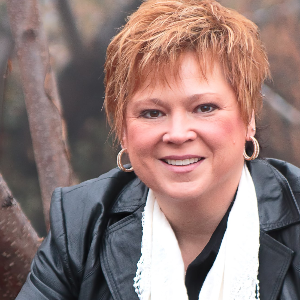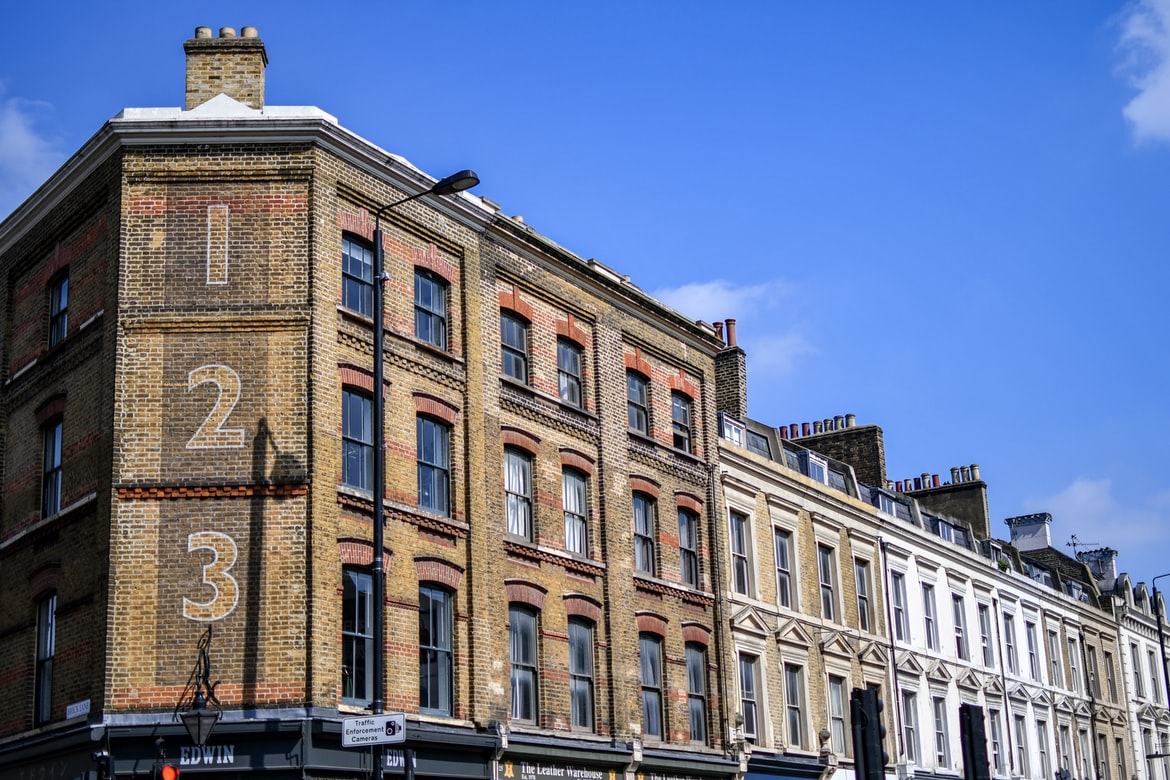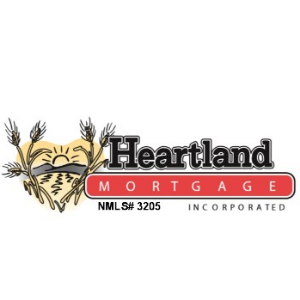
The chicken or the egg? Buy or build?
___
Published Date 11/8/2024
The decision to buy or build a home has become increasingly complex in today's market. The national average cost to build a house is now $329,000 (excluding land) for a 2,594-square-foot home, averaging $126 per square foot. Meanwhile, the median price for an existing home has reached $425,000.
"The pandemic has been a big source of unexpected shifts in supply and demand for all kinds of goods," notes Danielle Hale, Realtor.com's chief economist. While lumber prices have stabilized somewhat from previous peaks, with framing lumber now around $850 per 1,000 board feet, construction costs remain significantly higher than pre-pandemic levels.
For those considering building a new home, here are the main cost components:
The house shell (walls, windows, doors, roofing) typically accounts for about $99,000
Interior finishes average $79,000, with kitchens and bathrooms being the most expensive
Mechanical systems like plumbing and heating run approximately $49,000
Architect and engineer drawings cost around $4,800
Land costs (averaging $3,500 per acre)
Excavation and foundation work ($35,000 on average)
Building permits ($5,500)
Inspections ($4,600)
Impact fees ($4,000)
Additional expenses to consider include:
"When the pandemic began to unfold, builders faced the prospect of buyers disappearing," explains Hale. "And while buyers did pull back early on, the housing market quickly did a 180 with buyers coming out en masse to find a better fit at home." The timeline for new construction typically spans six to nine months. While this waiting period might deter some buyers, new homes offer significant advantages. Everything from pipes to HVAC systems is new and under warranty, potentially eliminating maintenance costs for up to a decade.
Energy efficiency is another crucial factor. Homes built after 2000 consume approximately 21% less energy for heating than older homes, thanks to improved heating equipment and building materials. However, as Hale points out, "Often the regulatory requirements on new construction are stricter than existing buildings. This can mean you enjoy better energy efficiency, but these requirements can also drive up the price of new homes and mean that they take longer to build."
Existing homes, with a median cost of $355,000, average about $237 per square foot for a typical 1,500-square-foot home built before the 1960s. While these homes might be cheaper upfront, they often require more maintenance. Major systems like furnaces ($5,000), HVAC systems ($8,000+), and roofs ($9,000+) may need replacement sooner rather than later.
Don’t expect shade for a while, though. One advantage of existing homes is their established landscaping. The U.S. Forest Service estimates that strategically placed mature trees can add substantial value to a property and reduce annual air-conditioning costs by up to 56%. In contrast, new construction often requires additional investment in landscaping, ranging from $1,400 to $5,700 or more. When it comes to resale value, existing homes offer the advantage of historical data and comparable sales in the area. New construction, particularly in developing neighborhoods, can be more unpredictable, though some buyers in hot markets have seen rapid appreciation in their new-construction properties.
The choice between building and buying ultimately depends on individual preferences, budget constraints, and timing needs. While building a new home might cost more initially and require patience during construction, the long-term benefits of energy efficiency and lower maintenance costs could make it a more economical choice over time.
Realtor, TBWS
All information furnished has been forwarded to you and is provided by thetbwsgroup only for informational purposes. Forecasting shall be considered as events which may be expected but not guaranteed. Neither the forwarding party and/or company nor thetbwsgroup assume any responsibility to any person who relies on information or forecasting contained in this report and disclaims all liability in respect to decisions or actions, or lack thereof based on any or all of the contents of this report.
This communication (including attachments) is for information purposes only. It is not an offer, solicitation, recommendation, or commitment for any transaction or as a confirmation of any transaction. Bobbie Jo Haggard, NMLS #92472; Heartland Mortgage Inc, NMLS #3205; Office: (509) 529-3280; Licensed to business in Washington & Oregon; NMLS CONSUMER ACCESS WEBSITE: HTTPS://www.NMLSConsumerAccess.org


Bobbie Jo Haggard
Loan Officer / Mortgage Specialist
NMLS: #92472 - Washington & Oregon
Heartland Mortgage Inc.
30 S Palouse Street, Walla Walla WA 99362
Company NMLS: #3205
Office: 509-301-1661
Cell: 509-301-1661

Bobbie Jo Haggard
___
Loan Officer / Mortgage Specialist
NMLS: #92472 - Washington & Oregon
Cell: 509-301-1661
Last articles
___

Understanding Your Rights When Government Claims Your Property
12/20/2024
The government's power to seize private property through eminent domain has deep... view more

The hidden price of holiday spending: Your dream home at risk
12/16/2024
Saving for a rainy day — or a house — is not on as many people’s minds...... view more

Beyond the holiday shuttering
12/13/2024
Leaving your home for the holidays shouldn’t be a simple matter of securing door... view more

Building Tomorrow: The New Construction Nest Egg
12/9/2024
The chicken or the egg – which came first? When it comes to housing...... view more

‘Porch Pirates’ mean spending big on package protection this holiday season
12/6/2024
You’re at work all day. But because of notifications you’ve received...... view more

DIY tablescapes and decor that celebrate the season in high style
12/4/2024
So, if you’re looking for an easy way to make your home warm and inviting...... view more

Three things that could impact rates this week
12/2/2024
These are the three areas that have the greatest ability to impact rates this we... view more
Load more
 Heartland Mortgage Inc.
Heartland Mortgage Inc.


















